Europe is confronted with a mounting challenge that individual EU member states concerned can no longer tackle on their own, making concerted joint action needed across the Bloc rather than national measures, say citizens of the Old Continent. Magyar Nemzet takes a look at the terrible wave of violence that has been unleashed on unsuspecting societies as a result of reckless European policies.
In January 2015, two jihadist gunmen opened fire in the Paris office of the French satirical weekly Charlie Hebdo. The terrorist attack killed 12 people and injured 11 others.

In addition to the attacks in Paris on November 13, 2015, numerous terrorist actions and crimes of varying magnitude were carried out against peaceful European citizens in 2015.
20-year-old Bilal Hadfi, a fan of the attack on Charlie Hebdo, blew himself up at the Stade de France on November 13, while a France-Germany football match was being played in the stadium.
Annessens-Funck, the school that Bilal Hadfi had attended, is located in the Molenbeek district of Brussels, where Islamist threads converge. Anti-terrorism raids had already been carried out here following the Charlie Hebdo attack. This is also where the 27-year-old Belgian national Abdelhamid Abaaoud, believed to be the mastermind of the Paris attacks, lived and plotted. He was later killed by commandos while he was hiding in a Paris apartment a few blocks from the Stade de France.
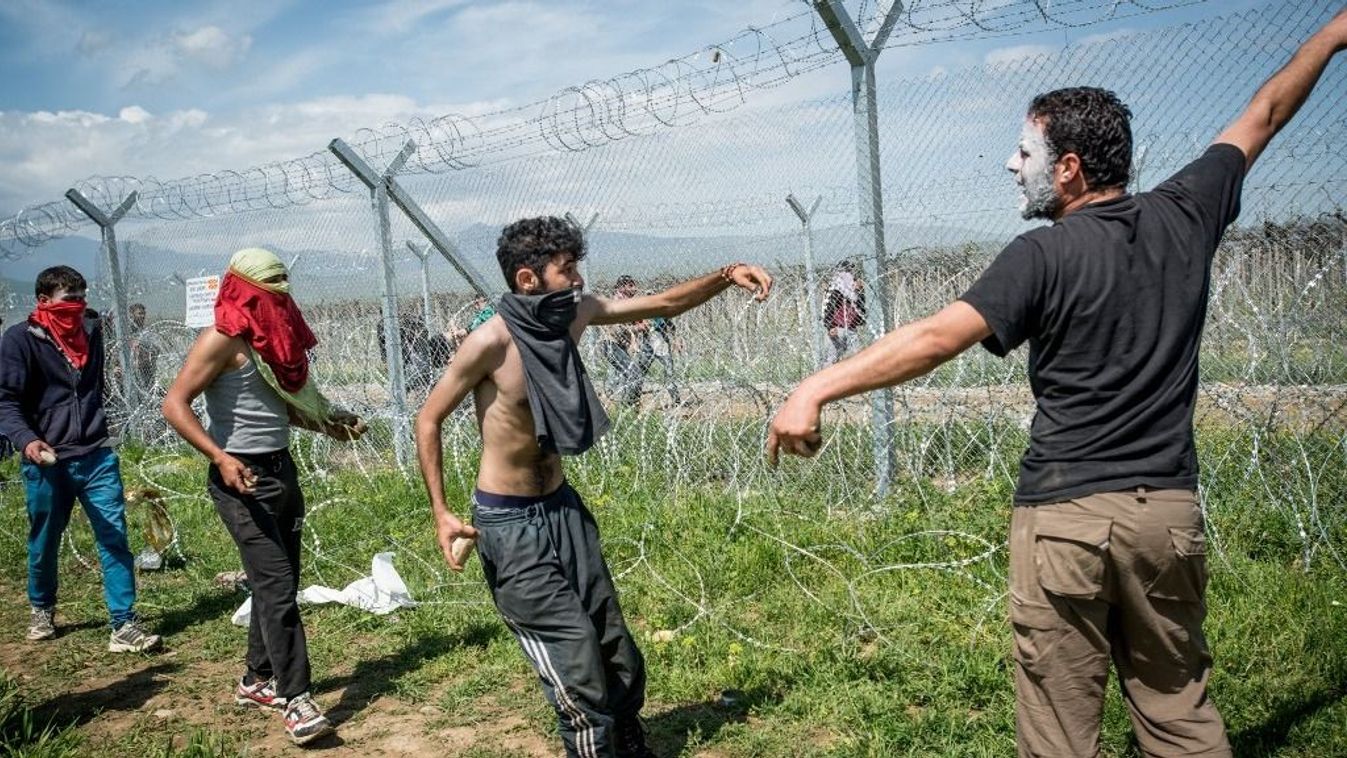


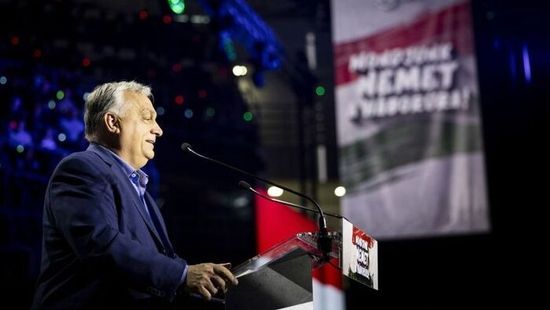




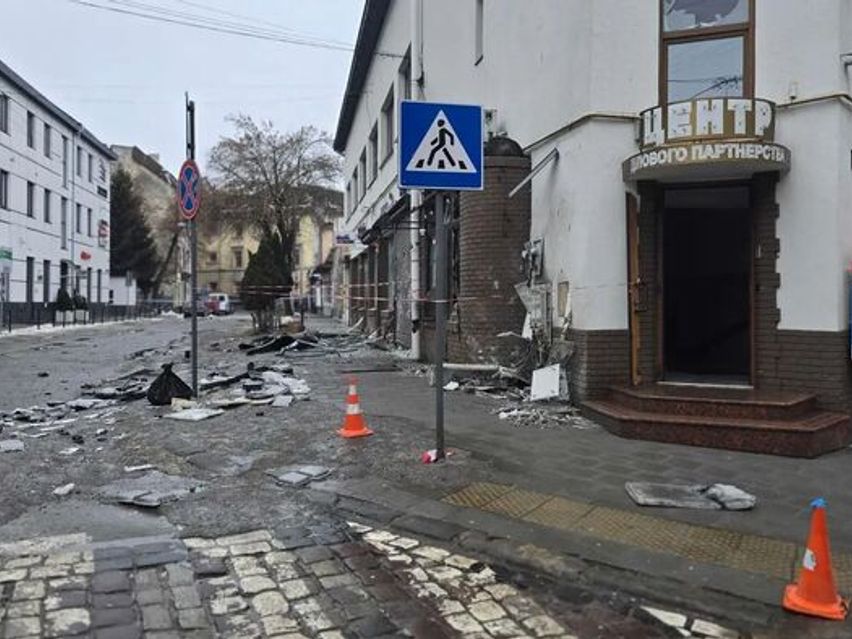

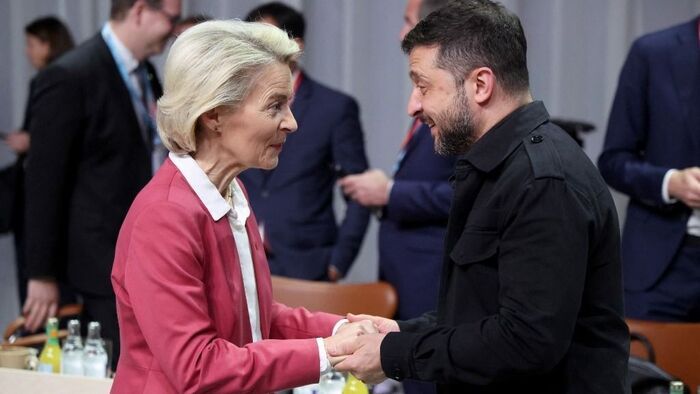


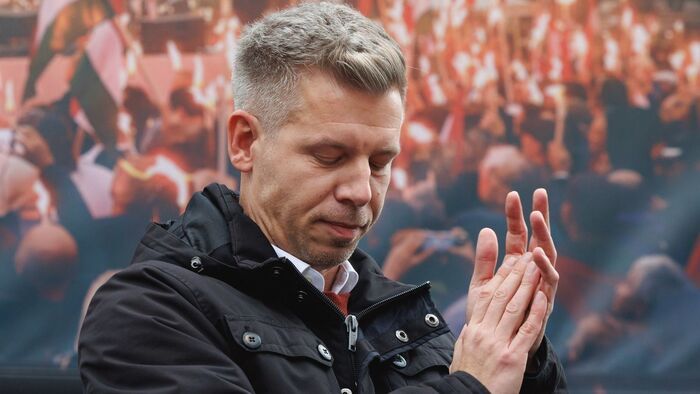

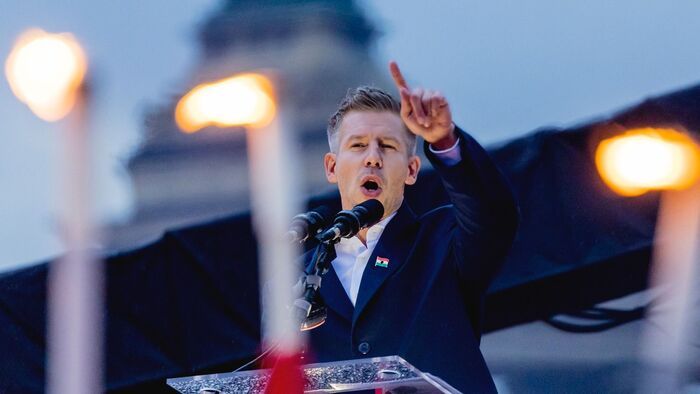
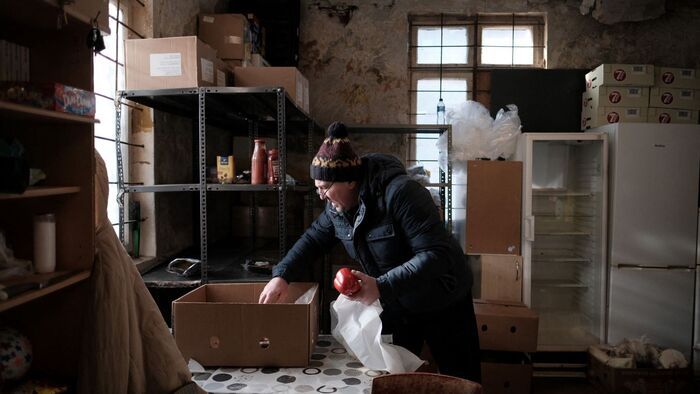




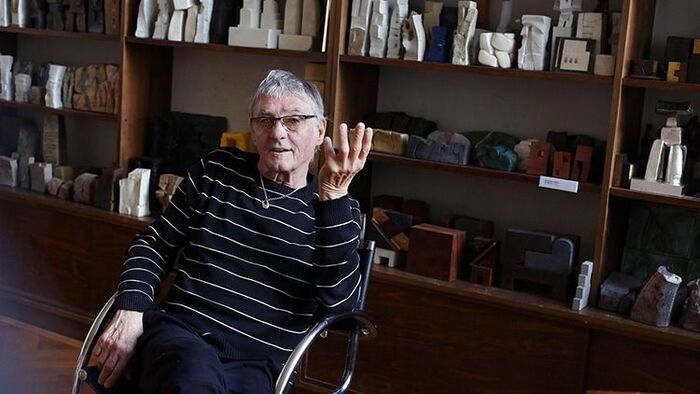


Szóljon hozzá!
Jelenleg csak a hozzászólások egy kis részét látja. Hozzászóláshoz és a további kommentek megtekintéséhez lépjen be, vagy regisztráljon!